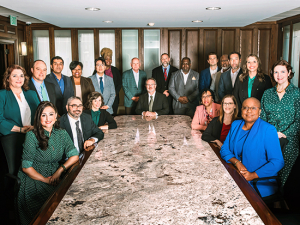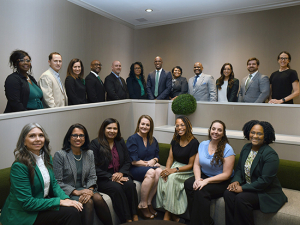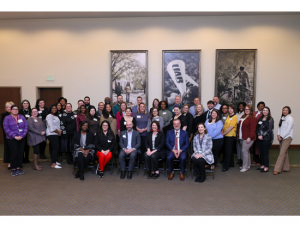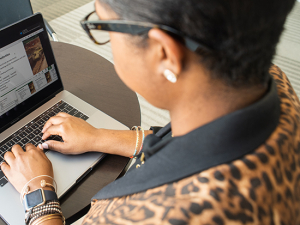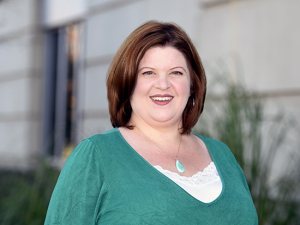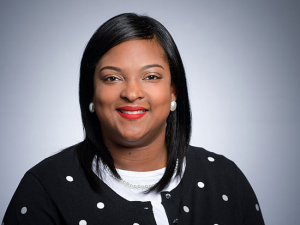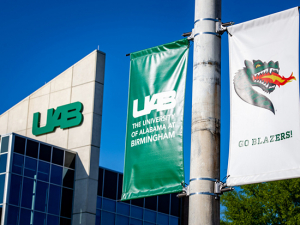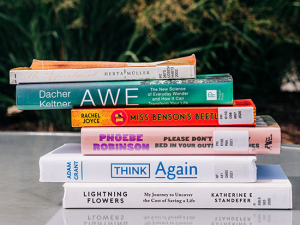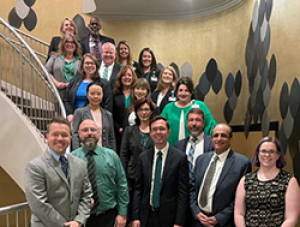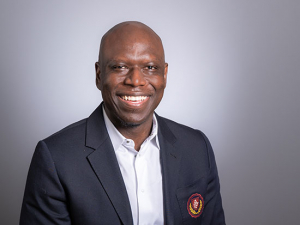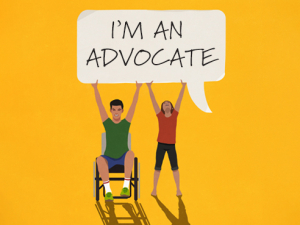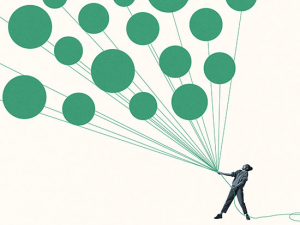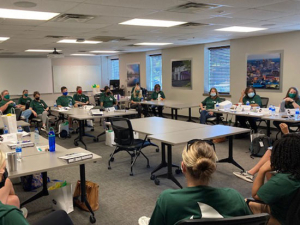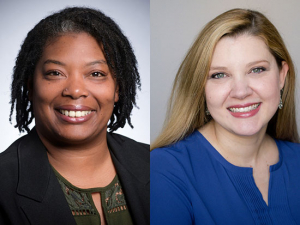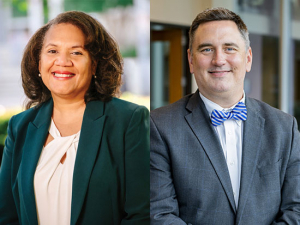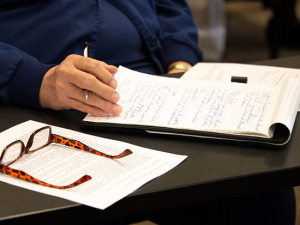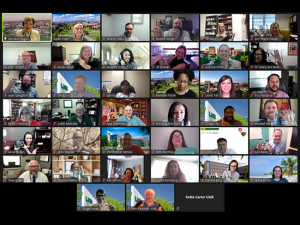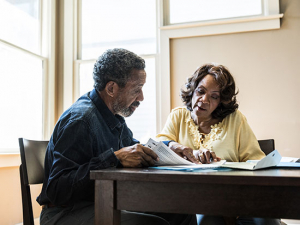 Professors from nine disciplines were awarded CTL-QEP Teaching Innovation Grants to support new approaches to instruction and learning in a team environment. In total, faculty received $47,653 for the development and execution of their proposals.
Professors from nine disciplines were awarded CTL-QEP Teaching Innovation Grants to support new approaches to instruction and learning in a team environment. In total, faculty received $47,653 for the development and execution of their proposals.
“These awards show the creativity and excitement here at UAB among faculty willing to develop and try new approaches to student learning. The theme of developing learning in a team environment supports UAB’s QEP initiative,” said Dale Dickinson, Ph.D., director of the university Quality Enhancement Plan (QEP).
Members of the QEP advisory council and the QEP Faculty Fellows reviewed and selected the recipients based on proposals that fit the theme of the QEP, which improves an aspect of student learning and enhance the quality of higher education across the institution.
These are the recipients of the 2017-18 competition, along with a brief description of their projects:
-
Scott Brande, Ph.D., associate professor of chemistry, will develop virtual rocks in 3D models for delivery online to laptops and cellphones so students can explore and learn properties; this will all be done in networked groups of students interacting with one another both asynchronously and in real-time.
-
Krista Casazza, Ph.D., associate professor of pediatrics, will use a service-learning approach — applying nutrition as medicine — with a two-fold objective: (1) increase knowledge and confidence among pediatric resident and fellows in delivering nutrition-related information to adolescent patients; (2) help adolescents take ownership of health choices through the acquisition of skills related to meal preparation.
-
Instructional Design Specialist Jenelle Hodges, Ph.D., and assistant professors Josephine Prado, Ph.D., Claire Mowling, Ed.D., and Jenna LaChenaye, Ph.D., in the School of Education, will work toward two goals: (1) explore transformations in learner perceptions about differences in group and teamwork using a social constructivist lens and (2) deconstruct the mechanisms of quality instructional design used to transform higher education learning environments to improve student perceptions of teamwork and critical thinking practices.
-
Karthikeyan Lingasubramanian, Ph.D., assistant professor of electrical and computer engineering, will focus on using interdisciplinary teams of students to improve student engagement in a service course, “Electrical Systems,” offered by the Department of Electrical and Computer Engineering. He aims to cultivate a cross-disciplinary and convergent mindset in students.
-
Lisa McCormick, DrPH, associate professor of public health, will take students outside the classroom to demonstrate how priority health concerns are being addressed to improve population health in a new study abroad course, “Exploring Population Health: On the road in the Deep South.” She will use team-based learning to help students relate specific knowledge to public health practice and build important interprofessional team-based practice skills needed to solve critical public health issues.
-
Stacy Moak, Ph.D., professor of social work, will use a team-based learning approach to help students from social work and criminal justice identify and overcome barriers to successful re-entry of former offenders into society. Students will participate in simulations, questionnaires and post-simulation workshops to assess changing perspectives on and empathy for offenders.
-
Wolfgang Muhlhofer, M.D., assistant professor of medicine, will expand and improve the experience and fidelity of the neurology patient-simulation module UAB uses for nursing, pharmacy and medical students. He will analyze whether this improved team-based, simulated learning experience can enhance understanding of each other’s role within the team and improve students’ clinical, communication and interpersonal skills in a real clinical setting.
-
Sami Raut, Ph.D., assistant professor of biology, will explore the effects of two team‐based interventions in a large-enrollment biology class. This project will enable her to develop novel interventions to help alleviate the “plant blindness” that prevails among undergraduates.
-
Allison Shorten, Ph.D., professor of nursing, and several colleagues will create a new web-based, interprofessional learning collaboratory — a virtual learning community to develop competencies in IP teamwork to improve health care for patients across the lifespan.
-
Yumi Takamiya, Ph.D., assistant professor of foreign languages and literatures, will coordinate a team of eight faculty — representing Arabic, Chinese, French, German, Italian, Japanese, Spanish and Sinhala — teaching a course, “Special Topics Through World Cultures and World Songs,” which will explore and reflect on ideas, attitudes, customs, traditions, identities and values from diverse ninecivilizations. Students working in groups of three will create a 30-minute podcast explaining a song of their choice from a critical perspective, improving their intercultural competence as they negotiate their views of other cultures through music and song.

